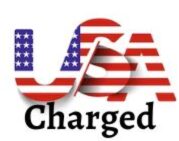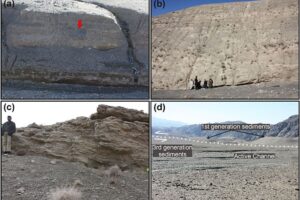Contents
Prosecutor’s Evaluation and Grand Jury Indictment Process
- Prosecutor’s Evaluation: After gathering information from investigators and individuals involved, the prosecutor reviews the evidence to determine whether to proceed with criminal charges.
- Grand Jury Indictment: For potential felony charges, the prosecutor presents evidence to an impartial group of citizens known as the grand jury. Witnesses testify, evidence is shown, and the case is outlined. The grand jury votes in secret on whether there is enough evidence to charge the individual with a crime. At least twelve jurors must concur to issue an indictment.
- Sealed Proceedings: All grand jury proceedings and statements are sealed to maintain confidentiality and protect the identities of witnesses.

Role and Function of Grand Juries
- Unbiased Decision-Making: Grand juries, as a constitutional requirement for certain crimes, consist of 16-23 citizens who don’t know the defendant. They make impartial decisions based on the presented evidence.
- Venue and Purpose: Grand juries are convened in the federal courthouse of the relevant district, such as the District of Minnesota, to determine whether to charge someone with a federal felony crime.
- Witness Testimony: Witnesses called to testify before the grand jury do not have the right to have an attorney present during their testimony.
Use of Grand Juries in the Legal System
- Federal vs. State Cases: While the Supreme Court mandates the use of grand juries for all federal felony crimes, states are not obliged to do so. Many states still employ grand juries, but federal misdemeanor charges do not require grand jury involvement.
- Charging Decision: The grand jury may choose not to indict an individual if they find insufficient evidence to support the charges.
Role of the Defense Attorney
- Post-Charge: After the defendant is charged, they have the option to hire a defense attorney or, if they cannot afford one, they may be provided with a public defender at little or no cost.
- Attorney’s Role: The defense attorney assists the defendant in understanding the law and facts of the case, representing the defendant’s interests, just as the prosecutor represents the Government.
The Venue and District Courts
- Venue Definition: The location of the trial is known as the venue, and federal cases are tried in the United States District Court.
- District Courts: The United States has 94 district courts, including the District of Columbia and territories, with multiple district court locations within each district.
- Choosing the Venue: The venue for a federal case depends on the defendant’s location within the state or district.
Stay tuned to our website Usacharged.com for more updates.




